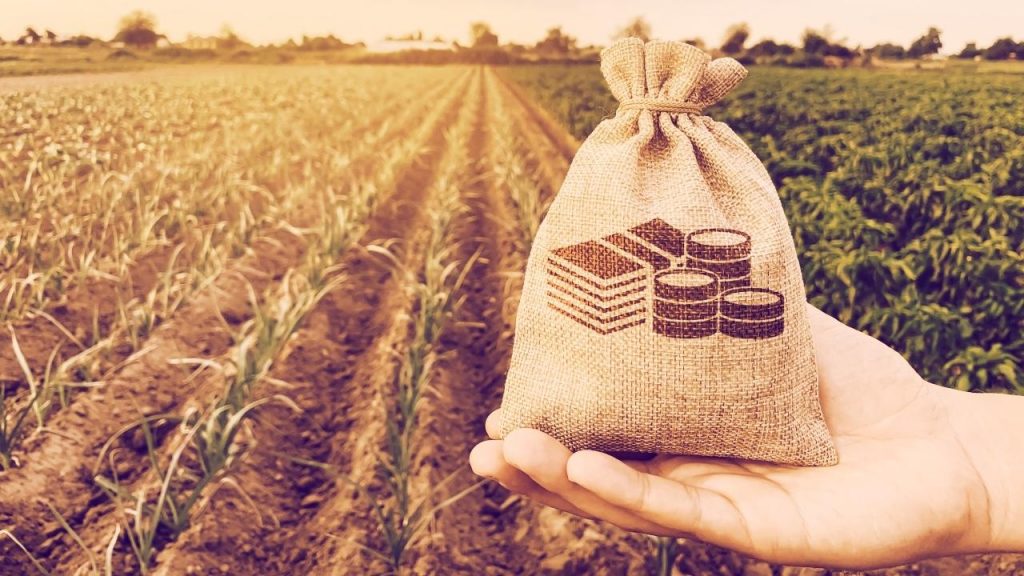The promise of DeFi is enormous, but the community is small, because it’s still too complicated to be practical for most people. It’s worth being a little proactive, though, because early adopters stand to benefit significantly in this area.
You’ve probably seen the term “yield farming†bouncing around for months now, but you may not quite understand what it means. There are other aspects to DeFi, but for now, all you need to know is there are 5 main ways to earn in the DeFi space:
• lending tokens,
• providing liquidity to trading pools,
• staking coins,
• investing in governance tokens, and
• arbitrage.
Yield farming combines the first three of these to allow you to make profit on your assets. It allows you to act like your own little bank: you have a pool of money that you use to make more money. First, banks lend money: you lend your tokens using a smart contract. Second, banks offer liquidity so other people can buy or sell assets: you offer liquidity so other people can buy or sell tokens. You get paid fees for offering these first two services. Third, banks invest their clients’ funds to earn more money: you can stake your funds and earn additional tokens.
So the concept of yield farming has been around for years, but now with the innovations of DeFi, it’s not only banks who can do it.
A good example of yield farming is the Compound protocol. In Compound, when you lend or borrow tokens, you are rewarded for using the platform with governance tokens ($COMP). The scarcity of these tokens and ability to vote makes them act like securities, and makes them attractive to speculators.
Many people get confused and assume the trading value of the governance token is the only goal of the project. In reality, it’s just a measure of the public sentiment towards the platform and technology provided. The goal of any DeFi project is liquidity rather than price, because liquidity represents the amount of interest in the project. A project with many token holders has a wider voting population and is likely to create a more useful solution for the market.
In the example of Compound, yield farming allows you to earn governance tokens when you lend your tokens by putting them into the liquidity pool. You can then trade your governance tokens for currency in order to spend it or invest it elsewhere, as there is a solid markup available for trading COMP. The yields you get are typically much higher than traditional money market yields.
